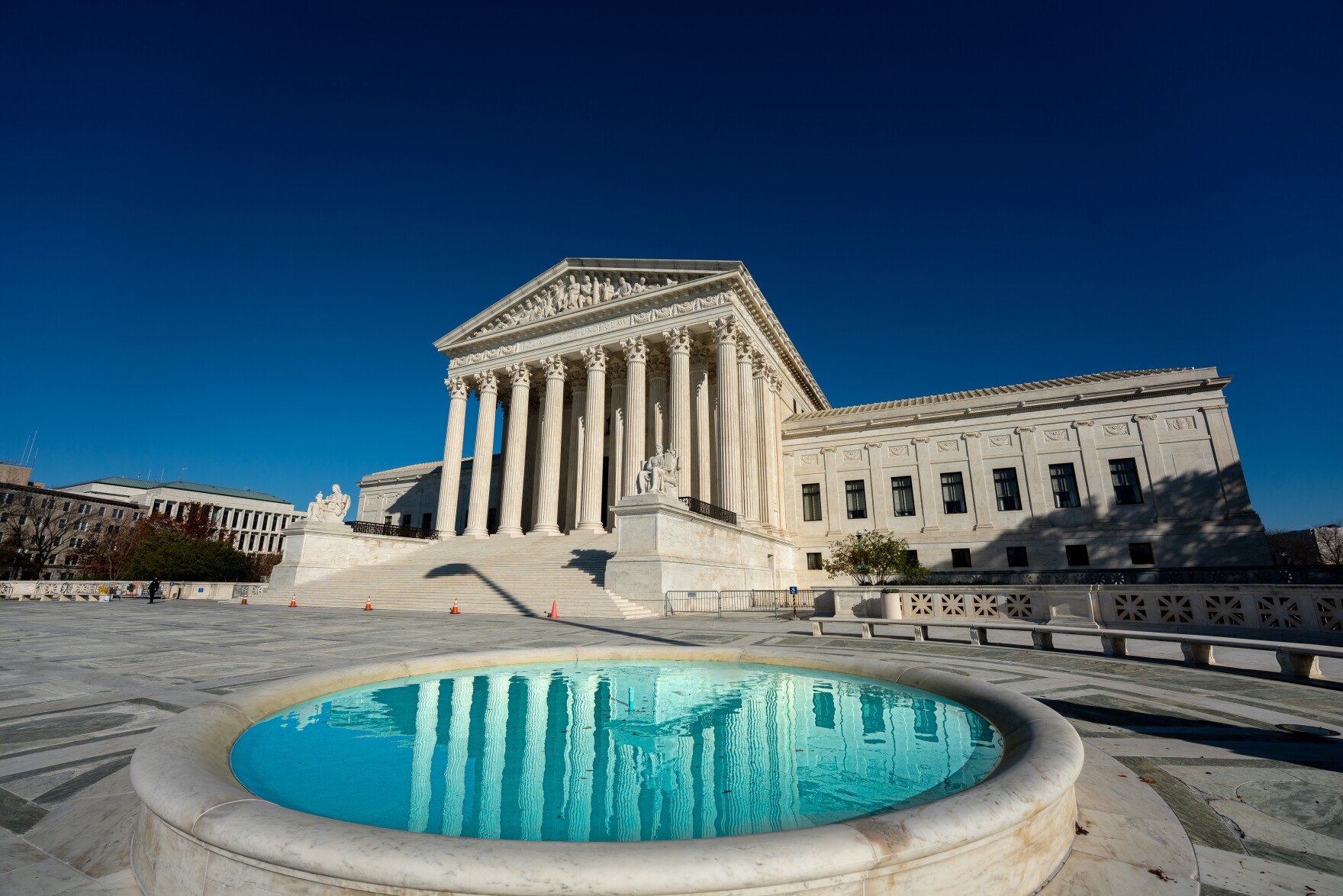
- Details
- By Chuck Hoskin Jr
Guest Opinion. The United States Supreme Court’s disconcerting decision in Oklahoma v. Castro-Huerta will go down in history as a ruling against legal precedent and the basic principles of federal Indian law. Tragically, it is another broken promise from the federal government to tribes. A narrow 5-4 majority of the Supreme Court has ignored its sacred responsibility to uphold the law when it comes to federal treaties with Native sovereign nations.
In Castro-Huerta, the court sided with Oklahoma’s claim that it can prosecute certain crimes committed against Indian citizens on Indian reservations. That claim goes against decades of precedents and laws, not just in Oklahoma but across the United States.
We know this decision is a betrayal to our sovereign nations in Oklahoma, and it will have far reaching impacts on all federally-recognized tribes. Justice Neil Gorsuch said it best in his dissenting opinion, “this Court once stood firm, today it wilts.” During arguments, Justice Gorsuch asked if the Court would “wilt today because of a social media campaign.” That answer, sadly was yes. As Justice Gorsuch wrote, “Truly, a more ahistorical and mistaken statement of Indian law would be hard to fathom.”
Still, the Court has refused to overturn its 2020 McGirt decision, despite Governor Kevin Stitt’s prolonged and deceitful effort to attack tribal sovereignty and paint a blatantly false picture of chaos. The Castro-Huerta ruling does not change McGirt’s reaffirmation of reservations in eastern Oklahoma, and it does not take away any tribal or federal jurisdiction to prosecute crimes on our land.

Since the 2020 McGirt ruling, the affected tribes, including the Cherokee Nation, have invested millions to expand our justice systems and policing abilities. We have worked with all state, local and federal partners who are willing to work with us to meet our public safety responsibilities. We all have the same goal of protecting people.
Going forward into a new chapter of concurrent jurisdiction, tribes will continue to seek partnership with state authorities while expanding our own justice systems. We hope that with these legal questions behind us, Governor Stitt will finally lay his anti-tribal agenda to rest and come to the table to move forward with us – for the sake of Oklahomans and public safety.
While we are disheartened by this ruling, we will not back off from our obligation to protect our people and all Oklahomans within the 7,000-square-mile Cherokee Nation Reservation. From the beginning we have sought to work together with Oklahoma and the federal government, and nothing about that has changed. We will continue to both defend our rights and meet our responsibilities to other governments, and we will fight for a day when the state and federal governments meet their sacred responsibilities to us.
We have many allies who will stand with us in the state of Oklahoma, in Congress and the federal government, in other tribal nations, and across the United States. Millions of Oklahomans and Americans know that cooperation and respect for treaties is the best path forward, no matter what the current Supreme Court says today.
This ruling is a setback, but our ancestors endured worse. They built and rebuilt a great Cherokee Nation despite attempts to erase us. We will continue their legacy.
Chuck Hoskin, Jr. is the principal chief of the Cherokee Nation.
More Stories Like This
The Lie We Keep Telling About Wounded KneeAnother Weapon of Mass Destruction
Colorado cannot heal until it confronts Sand Creek honestly
Native American Mothers Deserve to Live
Technology Rooted in Tradition is Strengthening Cherokee Nation
Help us defend tribal sovereignty.
At Native News Online, our mission is rooted in telling the stories that strengthen sovereignty and uplift Indigenous voices — not just at year’s end, but every single day.
Because of your generosity last year, we were able to keep our reporters on the ground in tribal communities, at national gatherings and in the halls of Congress — covering the issues that matter most to Indian Country: sovereignty, culture, education, health and economic opportunity.
That support sustained us through a tough year in 2025. Now, as we look to the year ahead, we need your help right now to ensure warrior journalism remains strong — reporting that defends tribal sovereignty, amplifies Native truth, and holds power accountable.
 The stakes couldn't be higher. Your support keeps Native voices heard, Native stories told and Native sovereignty defended.
The stakes couldn't be higher. Your support keeps Native voices heard, Native stories told and Native sovereignty defended.
Stand with Warrior Journalism today.
Levi Rickert (Potawatomi), Editor & Publisher

